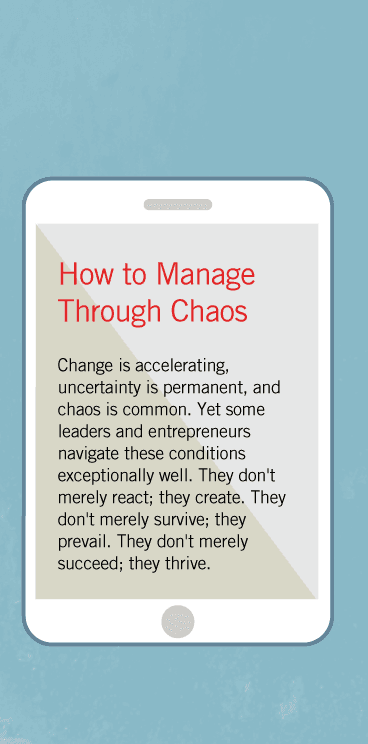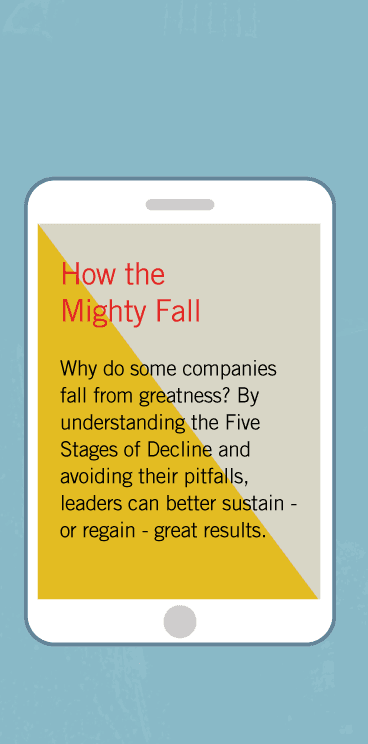The Maverick and His Machine
At first, the biography seemed like a right-angle turn for Kevin. His USA Today column had become de rigueur reading for anyone interested in the intersection of technology and business, and he was perfectly positioned to write the definitive work on the new economy at the very height of the Internet boom. Instead, he burbled over with excitement about unpacking crates and boxes of documents from a man who died four decades before most people had even heard of the Internet. He sounded like an archeologist who had stumbled upon a treasure trove of artifacts in the lair of a mythic hero, and he just had to bring his discoveries to the world.
We are fortunate that he did.
Kevin Maney has a peculiar genius. He is not first and foremost a business writer. Nor is he primarily a technology writer. He is a people writer. He has the ability to filter a cacophony of noise and sift through mountains of information to capture the inner essence of the people about whom he writes. Maney sees what people really are and then captures the truth in words. And just when we most need it, he has brought us a penetrating picture of one of the most important figures of the twentieth century, a man whose life teaches us about resiliency—individual and institutional—and much about what we need to recreate greatness in the future.
Five days after his 38th birthday, Thomas J. Watson Sr. awoke to read a banner headline, "NCR men indicted by Federal Grand Jury." There, in the second paragraph, in a long list of names, jumped out the horrific sight of the name Watson. Along with 30 other executives, Watson had been nailed for criminal antitrust violations, part of a scheme conceived and orchestrated by his mentor John Patterson. Two years later, at middle age when most successful people hit full stride in their work, Watson found his career shattered. Out of work and carrying the stigma of the NCR scandal, he had to start with less than zero.
There are three types of people, in terms of how they respond to crushing setbacks in life. First, there are those who never fully recover; they remain weakened and dispirited. Second, there are those who get their lives back to normal. And third, there are those like Thomas J. Watson Sr., who turn calamity into a defining event of their lives, from which they emerge even stronger than before.
Watson set forth a mission for himself to not just get his career back on track, but to create a great company that would become a role model not only for its success, but equally, for its values. He would attain personal fame by building a successful, values-driven company and making himself known as its creator and leader. International Business Machines, the company he built brick by brick from an agglomeration of small enterprises with the innocuous name The Computing-Tabulating-Recording Company, became more than just a successful business. It became one of the most influential corporations in the world. Watson did for the concept of corporate culture what the founders of the United States did for the concept of capitalist democracy—he invented its modern model and proved that it could work in practice.
The great irony of Mr. Watson is that his own self-centric leadership style laid the seeds of IBM's later difficulties, yet his genius for building a culture transferred his personal trait of resiliency into an institutional trait that transcended him. The story of IBM's return to greatness in the 1990s is as much the story of Thomas J. Watson Sr. as it is the story of Lou Gerstner. I recall delivering a seminar in the early 1990s to a group of executives, where I shared the results of research done at Stanford on enduring great companies, which included IBM. A person in the front row thrust his hand in the air, leaned forward in his chair, and challenged: "How can we take this seriously with IBM in the study set? They're going the way of the dinosaurs." Not only had IBM just lost $5 billion in one year, but for the first time in its history, IBM found itself the subject of widespread derision. "Can John Akers save IBM?" ran a cover story in Fortune. "Giant Missteps" blared the front page of the Wall Street Journal. And as yet, no one had heard of Lou Gerstner, at least not in connection with IBM.
Even so, I explained, the research team believed that IBM would return to greatness and that its troubles would later be seen as simply a time of crisis and renewal, just as its previous episodes of struggle had come and gone in the long turbulent history of IBM. It's not that we had any special prescience, but that our research had uncovered a deep truth about IBM: It had the genetics of resilience built into its very DNA. We did not know how, we did not know when, we did not know who would be leading it—but this strain of resiliency gave us deep confidence that it would come back, perhaps even stronger than before.
Like other leaders who become larger than life during their lives, Watson Sr. had gigantic flaws to go with his towering strengths. He was clearly a genius with a thousand helpers, yet he managed to build an institution that could transcend the genius. He made mistakes, tons of mistakes, but on the really big points he had a 100 percent hit rate. He could be petty, mean, vain—the world's first truly modern celebrity CEO. More than once while reading this book, I found myself thinking, "Why on earth would anyone work for this man?" However, his people not only worked for him, they loved him. They loved him because, when it came right down to it, he cared about the company and its people at least as much as he cared about himself.
I found myself challenged by Maney's work, because it is so truthful. Watson, a great company builder, was not a likable man, but that does not diminish his importance. Leaders like Watson are like forces of nature—almost terrifying in their release of energy and unpredictable volatility, but underneath they still adhere to certain patterns and principles. The patterns and principles might be hard to see amidst the melee, but they are there nonetheless. It takes a gifted person of insight to highlight those patterns, and that is exactly what Kevin Maney does in this book. Good or bad, inspiring or maddening, we see laid bare the raw truth of a great builder in action, and the consequences of his work.
Jim Collins
Boulder, Colorado
July 16, 2002






